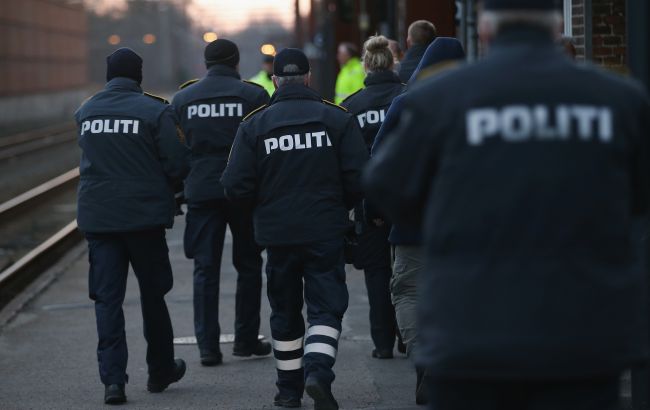BRUSSELS — A jet carrying European Commission President Ursula von der Leyen was affected by GPS interference on Sunday, an incident Bulgarian authorities say they suspect was caused by Russia.
“We can confirm there was GPS jamming but the plane landed safe,” Arianna Podestà, deputy spokesperson for the Commission, said in a statement provided to POLITICO.
Von der Leyen is on a visit to what the Commission describes as “frontline states” — Latvia, Finland, Estonia, Poland, Lithuania, Bulgaria and Romania — to emphasize the EU’s commitment to strengthening its defense and security capabilities. She arrived in Bulgaria on Sunday and toured an arms manufacturing facility in Sopot, accompanied by Prime Minister Rosen Zhelyazkov.
The aircraft, chartered by the European Commission for the trip, lost access to satellite-based navigation while approaching Plovdiv, Bulgaria’s second-largest city. According to a Bulgarian government press release, Air Traffic Services immediately offered an alternative approach using ground-based navigation aids (Instrument Landing System). “The ground-based navigation aids used in Bulgaria are independent of GPS systems,” the release said, and added that “there was no need to divert the flight.”
Podestà said the Commission was informed by Bulgarian authorities that “they suspect this blatant interference was carried out by Russia.” She added that the episode “underlines the urgency of the President’s current trip to frontline Member States, where she has seen firsthand the everyday threats from Russia and its proxies.”
GPS jamming and spoofing can block aircraft from receiving signals from global navigation systems such as the U.S. GPS or the EU’s Galileo, or can falsify the positioning data those systems provide. Such tactics have increasingly been used to disrupt civilian and military operations.
Countries around Europe have reported similar deliberate interference, particularly in the Baltic Sea region since 2022, and have urged the European Commission to take action against suspected operations originating from Russia and Belarus.
Mathieu Pollet contributed to this report.
This article has been updated with a statement from the Bulgarian government.
















